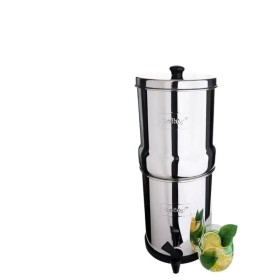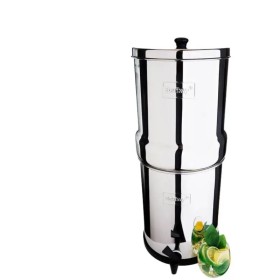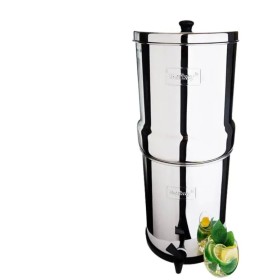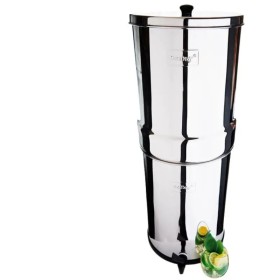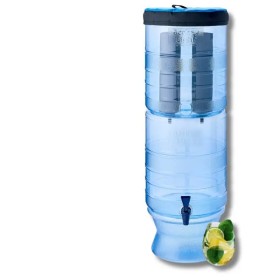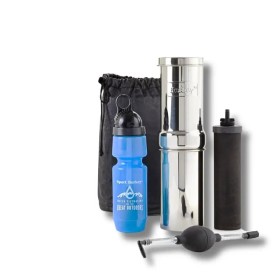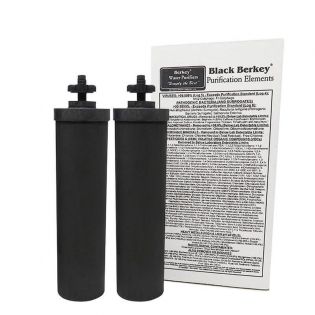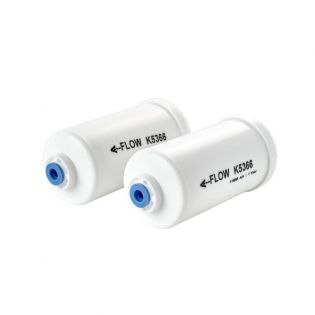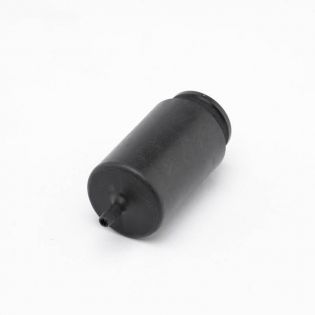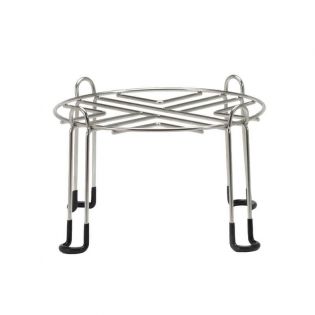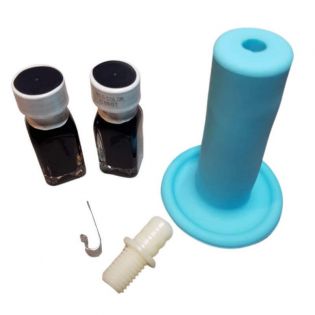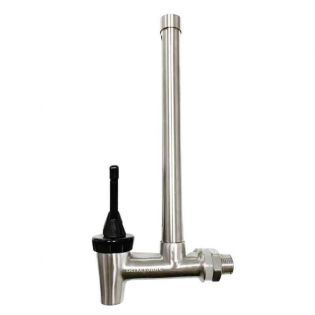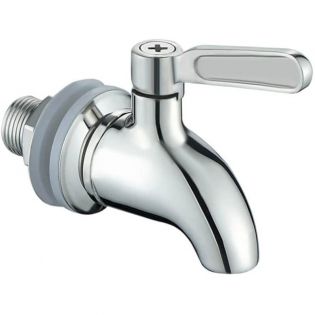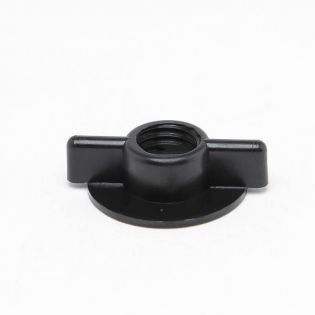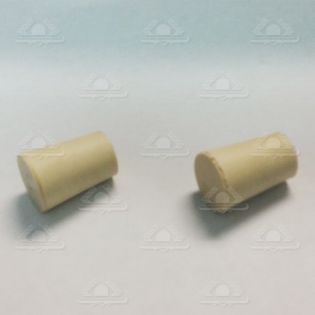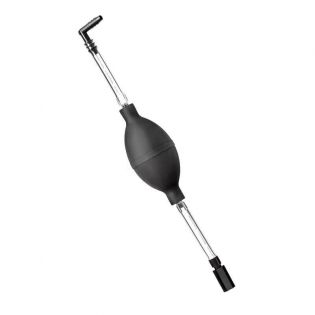Results of a TDS Test on Water Filtered by a Berkey® System
When choosing a water filtration system, it's crucial to understand not only the device's features, but also the results it produces. Berkey® systems are renowned for their efficiency in purifying water, but how do they perform when using a TDS (Total Dissolved Solids) reader to measure the quality of filtered water?
Should a TDS Reader be Used to Check Water Filtered by a Berkey® System?
The choice of a water filtration system is an important decision to ensure the health and well-being of your family. Berkey® systems are among the most popular on the market for their ability to remove a wide range of contaminants. But how can you check the quality of the water you drink? Is a TDS (Total Dissolved Solids) meter useful for evaluating your water?
Understanding TDS: What does it really measure?
TDS, or total dissolved solids, is a measure of the total concentration of dissolved substances in water. These substances can include minerals, salts, metals and other organic particles. A TDS meter gives you an idea of the total amount of these dissolved solids, expressed in parts per million (ppm).
However, it's essential to understand that TDS doesn't distinguish between beneficial substances and harmful contaminants. For example, a TDS level can include minerals such as calcium and magnesium, which are good for health, as well as impurities such as heavy metals or nitrates, which can be dangerous.
The Role of a Berkey® System in Water Filtration
Berkey® filtration systems are designed to effectively remove a wide range of contaminants, including bacteria, viruses, chemicals, heavy metals and other harmful impurities. This advanced filtration process uses activated carbon filters and other technologies to purify water, while retaining certain beneficial minerals.
Why TDS Doesn't Tell the Whole Story
When using a TDS meter to measure water filtered by a Berkey® system, it's important not to focus solely on the numbers. A TDS level can remain relatively high even after filtration by a Berkey® system, due to the presence of healthy minerals that the system intentionally leaves in the water.
This means that, even if the TDS is not reduced to zero or the measurement is identical before and after filtration, the mineral salts have not been retained by the Black Berkey® filters, which is precisely the principle of Berkey® filtration. This measurement in no way calls into question the efficiency of the Black Berkey® or Sport Berkey® filters, and in no way constitutes proof that your purifier is malfunctioning.
If, on the other hand, your measurement is higher after filtration, this means that the filters have not been cleaned properly, and that there is still some residual dust due to filter machining. This measurement should decrease over time.
Using a TDS Reader with a Berkey® System: What You Need to Know
Using a TDS reader is a simple way to get an overview of the total amount of dissolved solids in your water. For a more complete assessment of water quality, it's a good idea to also consider other tests or indicators, such as the presence of specific bacteria, pesticides or heavy metals, which Berkey® filters are specially designed to remove.
In the end, the combination of a TDS reader and a Berkey® system gives you a complete picture of the water you consume, ensuring not only a reduction in contaminants, but also the preservation of beneficial minerals.
Conclusion
A TDS meter is a useful tool for assessing the concentration of dissolved solids in water, but it's crucial to understand its limitations. They are not suitable for detecting the presence of contaminants, nor for reliably assessing the quality of water filtered by your Black Berkey® elements. For accurate water quality analysis, it is preferable to use more in-depth tests targeting specific pollutants. Berkey® filtration systems are designed to offer comprehensive protection against a wide range of pollutants, while ensuring that you benefit from water that is both pure and rich in essential minerals. A TDS meter is not sufficient to evaluate the pure water provided by your Berkey®.
Share this content

